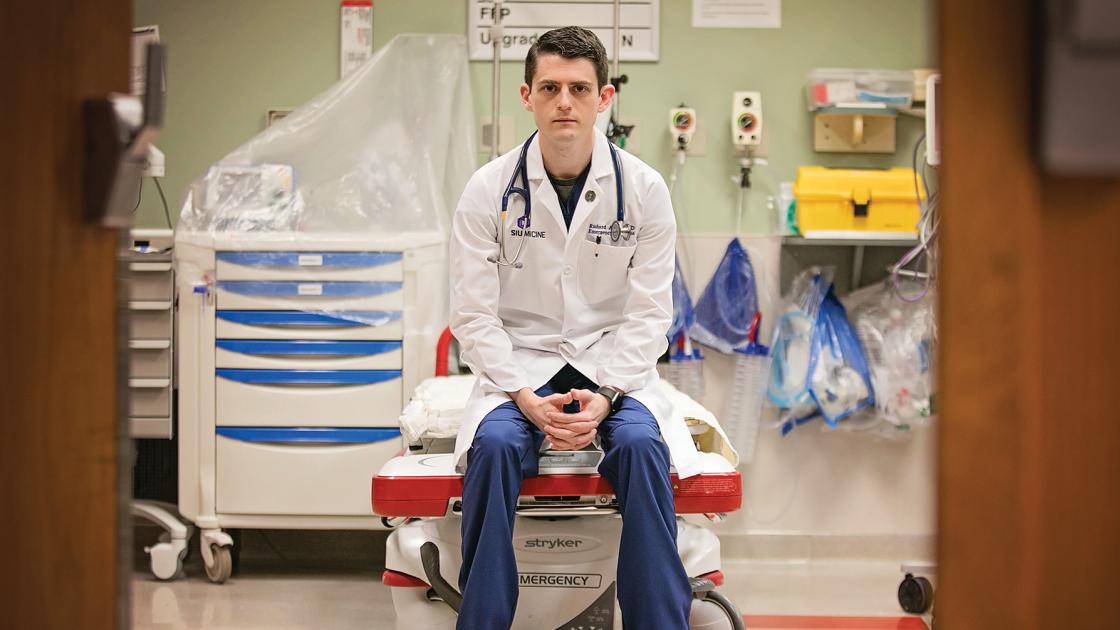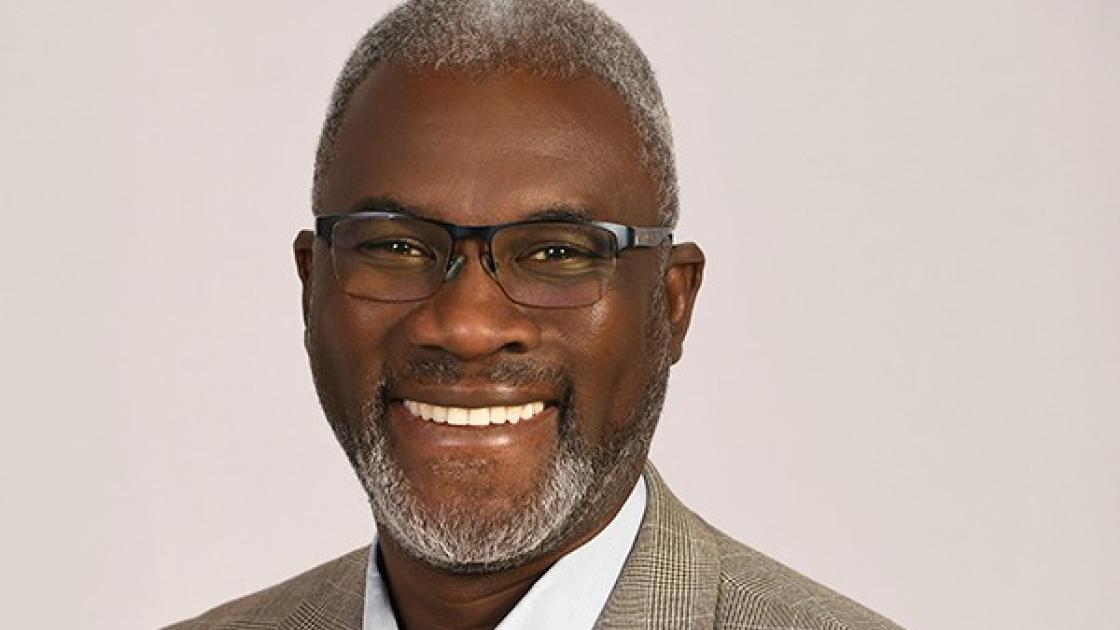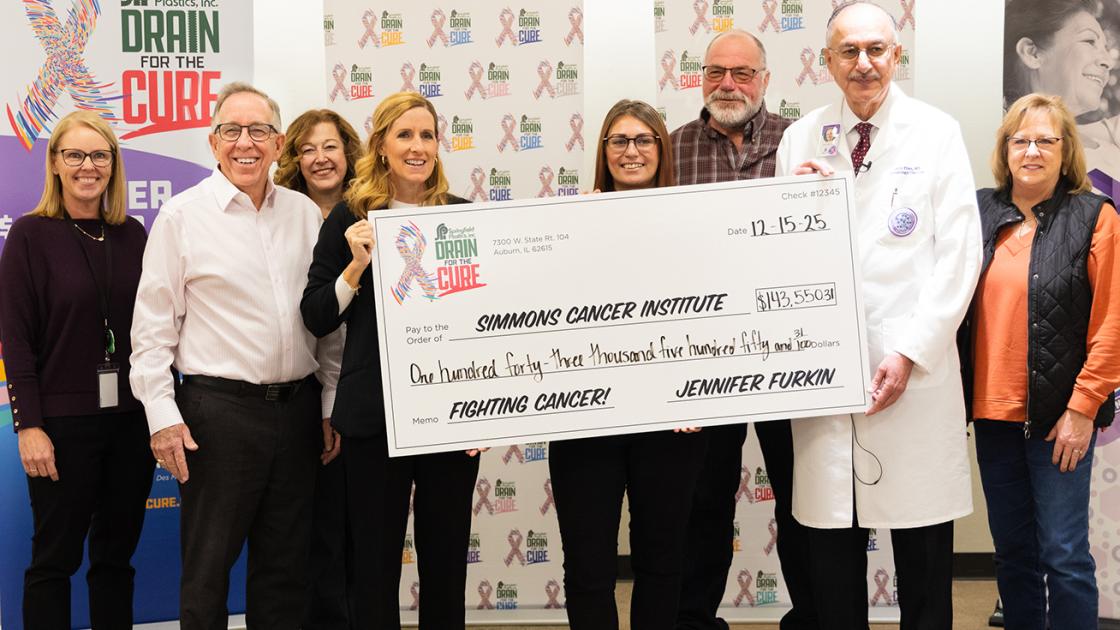
#ThisIsOurLane
by Richard Austin, MD
"Someone should tell self-important anti-gun doctors to stay in their lane….” On November 7, 2018, the NRA, in response to a position paper from the American College of Physicians, tweeted that doctors should stay in their lane when it comes to gun violence research. This tweet led to a massive response from not just physicians, but health care workers of all types as well as the general public. The majority felt that gun violence research was firmly in the lane of physicians.
The fact is that gun violence is responsible for 36,000 deaths every year. Unfortunately, this year it hit home for the SIU family. Dr. Tamara O’Neal, a graduate of the SIU MEDPREP program, was murdered while working as an emergency physician in Chicago by her ex-fiancé. Victims of domestic abuse are five times more likely to be killed if their partner owns a firearm, and over half of intimate partner homicides are committed with a firearm. Despite these facts, federal funding for gun research continues to be restricted, largely due to the Dickey amendment, which was passed after a study showing gun ownership was independently associated with an increased risk of homicide.
Setting aside the contentious nature of any debate surrounding firearms, there is common ground between most Americans on much of this topic. By almost every objective measure, more people die in the U.S. from guns than anywhere else in the developed world. Gun violence is a common thread linking deaths from suicide, homicide, mass murder and domestic violence. Similar to motor vehicle accidents, SIDS, HIV, or any other public health crisis, studying and attempting to reverse trends in morbidity and mortality is firmly within the lane of physicians and public health experts.
Researching gun violence is too often assumed to mean increasing gun control or restricting second amendment rights. Researching gun deaths is often combated with emotional appeals to a Second Amendment right, but that doesn’t have to be the case. Cars weren’t banned when we studied seatbelts and sex wasn’t banned when studying HIV. The successes came from safer practices that prevented injuries and transmission, and not for removal of rights.
Injury prevention of any kind is well within our scope, and we should be leading the charge to study ways in which we can improve the lives of those within our community. The beauty of this being in our lane is that more than advocacy groups on either side of the debate, we are well equipped to provide unbiased interpretations of objective data that can potentially save lives. The alternative is to continue to sit idly by, treating a growing number of increasingly devastating injuries and mourning alongside families, wishing we could’ve done more.
This is our lane.
Richard Austin, MD, is an assistant professor of emergency medicine and the assistant emergency medicine residency program director. His interests include medical education, public policy and simulation. He is a lifelong resident of Springfield and a graduate of SIU School of Medicine’s Class of 2014, and the SIU Emergency Medicine Residency. He practices clinically at Memorial Medical Center, an Academic Level 1 trauma center.



